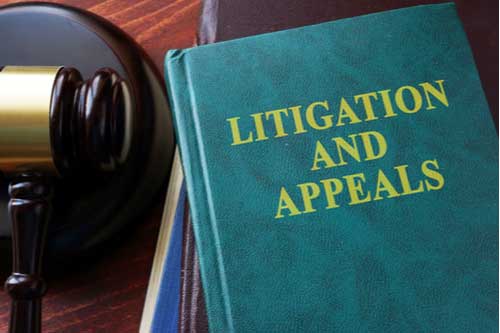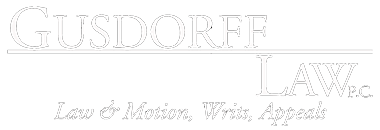- Appellate Litigation
What is Misconduct?
The line between zealous advocacy and misconduct may be gray and fuzzy, but there are some bright-line examples of misconduct to avoid and also, to object when opposing counsel oversteps:
- Discussing matters ordered excluded from evidence;
- Discussing matters not in evidence (other than matters of common knowledge) or unsupported inferences;
- Misstating evidence or otherwise misleading the jury;
- Misstating the law;
- Pandering to jurors’ passions, sympathies, or prejudices;
- Comments on witness’ claiming privilege;
- Claims of evidence “suppression”;
- Claiming or implying personal knowledge of facts;
- Vouching for credibility of witnesses;
- Allusions to the verdict’s affect on a party’s financial condition;
- In public entity cases, implying taxpayers foot the bill;
- Attacking opposing counsel or opposing party; and
- Responding to matters not raised in defendant’s closing argument;
- Equating a judge’s ruling with approval of some portion of a litigant’s case;
- Asking jurors to place themselves in the party’s position; and
- References to the party’s insurance
Object, or Forever Hold Your Peace
Most attorney misconduct challenges are dead on arrival unless there was a timely, proper objection and motion for mistrial or request for a curative admonition. Lawyers must weigh alienating a jury’s good will by frequent objections with forfeiting their right to challenge the misconduct.
To decide, consider how appellate courts evaluate misconduct. Courts review misconduct within the context of the overall record, considering the nature and seriousness of the remarks and misconduct, general atmosphere of the trial (including the judge’s control or lack thereof), the likelihood of prejudice, and efficacy of objection or admonition. Attorney misconduct is more common than reversal for attorney misconduct. Prejudice must be shown.
Can You Avoid Forfeiture?
If you failed to object and request an admonition, bring a new trial motion for new trial. Courts have carved exceptions where attorneys failed to request a curative admonition in these circumstances:
- The court immediately overruled the objection, depriving the attorney the opportunity to request an admonition
- Misconduct was so persistent that an admonition would have been inadequate to cure the resulting prejudice.
Janet Gusdorff









